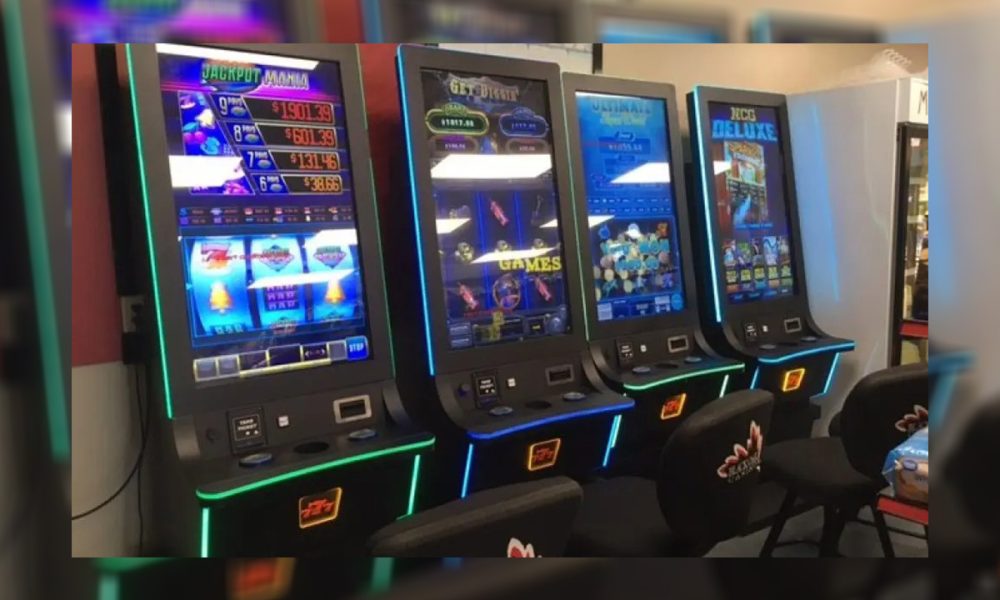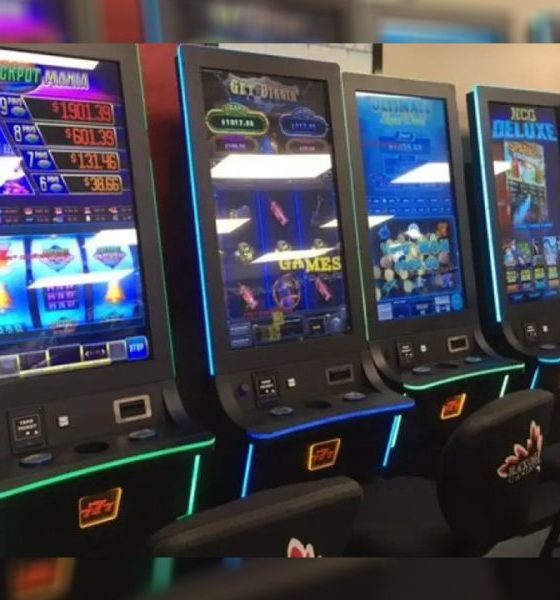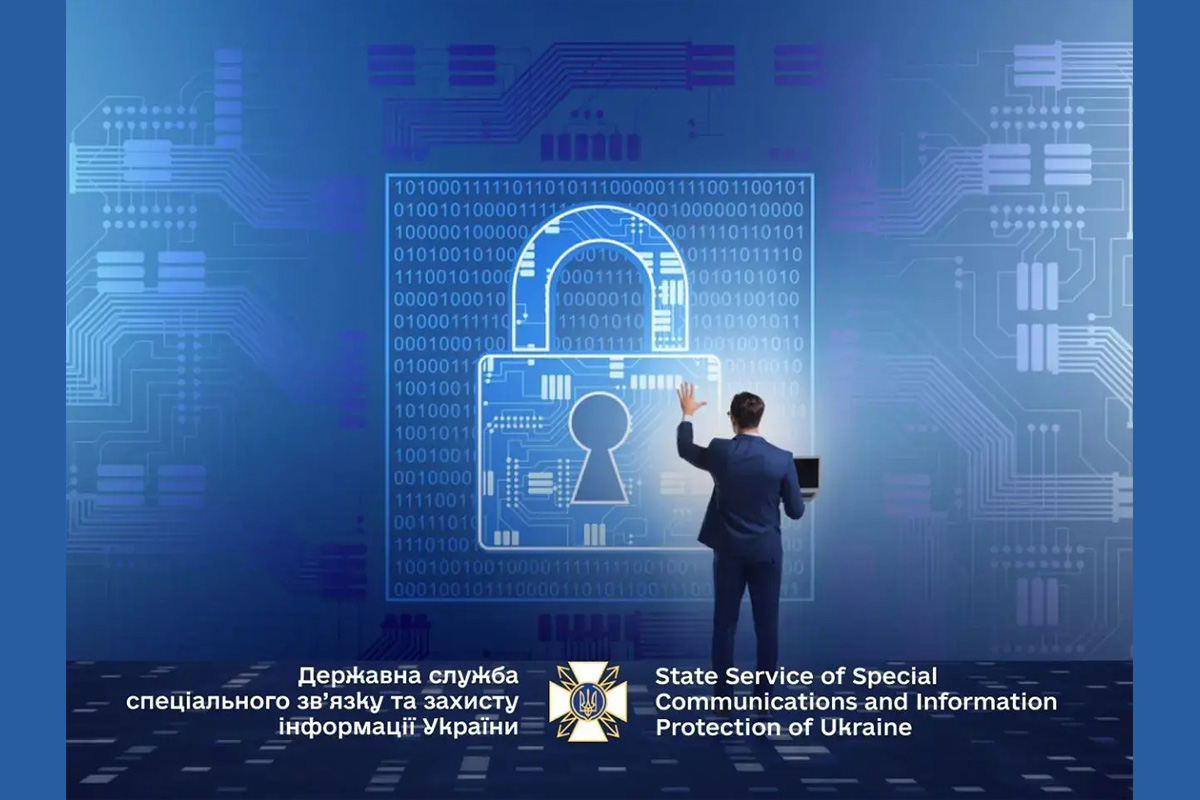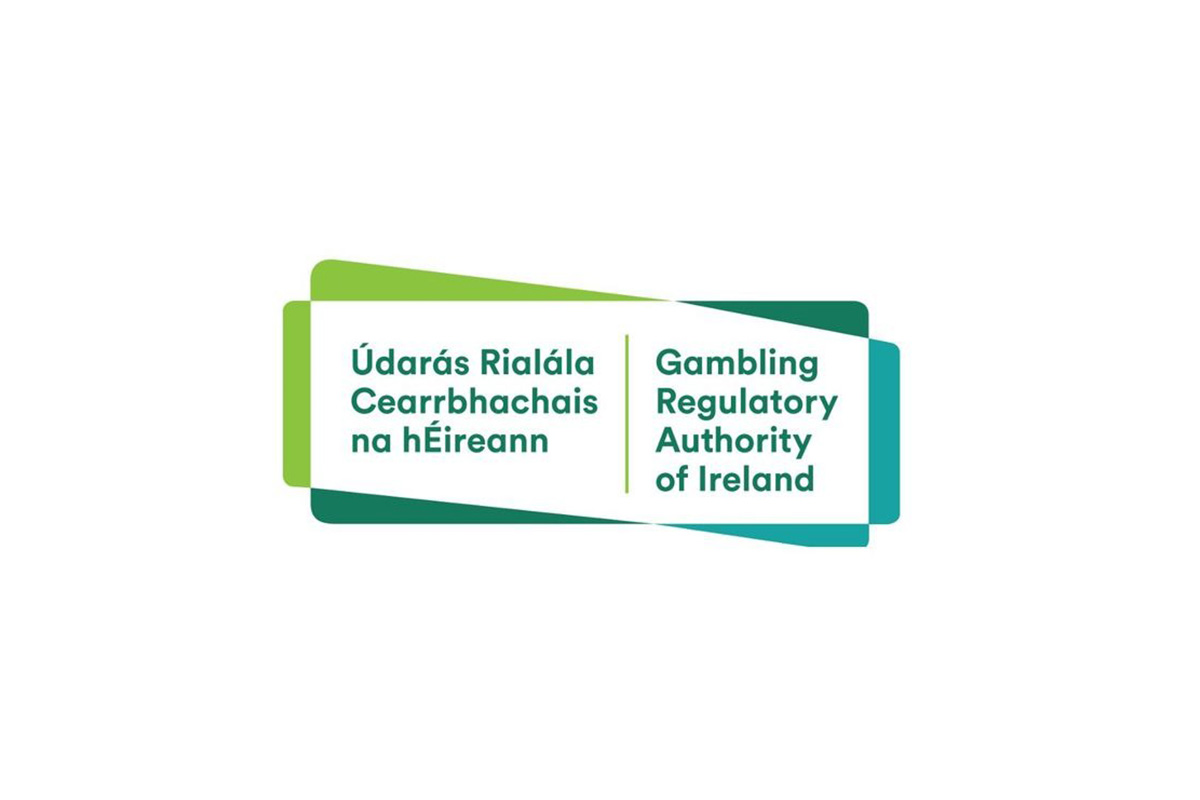

Compliance Updates
Michigan Gaming Control Board Rejects Recent Claims Regarding Skill Games
The Michigan Gaming Control Board (MGCB) has refuted recent assertions questioning the legitimacy of its efforts to protect citizens by combating illegal gambling within the state, particularly in relation to the rise of casino-style electronic gaming machines that self-identify as “skill games.”
In recent years, there has been a notable increase in the presence of electronic gaming machines in bars and restaurants across Michigan. The suppliers of these machines misleadingly contend that the games include an element of skill and are therefore exempt from Michigan’s gambling prohibitions. Specifically, they claim that the games qualify as “redemption games” under MCL 750.310b, which allows a limited and very narrow exception to Michigan’s gambling prohibitions.
“As the regulatory authority overseeing the three Detroit commercial casinos and online gaming in Michigan, the MGCB is committed to upholding the integrity of the state’s gambling regulations and ensuring a fair and responsible gaming environment for all citizens. It is essential to clarify that these casino-style electronic gaming machines are not exempt from Michigan’s penal code, and individuals operating or utilizing them are subject to enforcement actions by the state,” MGCB Executive Director Henry Williams said.
Ongoing investigations by the MGCB have consistently established that the operation of these games does not comply with the strict requirements of MCL 750.310b because these games operate in a manner that is identical to a slot machine, whereby winning depends primarily upon fortuitous or accidental circumstances beyond the control of the player. Patterns observed with the illegal use of casino-style electronic gaming machines have included the use of cash as prizes, issuance of Visa gift cards, and false claims of legality and/or state authorization. Operations of these unregulated gaming machines put citizens at risk — because they have no recourse should they be misled, cheated, or otherwise taken advantage of — and results in a loss of state revenue, depriving Michigan citizens of taxes and revenue used to support schools through the School Aid Fund and communities and local governments with essential state funding dollars.
Comprehensive joint investigations conducted by the MGCB and the Michigan Attorney General’s Office in the past five years have resulted in 29 individuals being convicted of 27 felonies and 16 misdemeanors. These investigations have also resulted in 436 illegal machines seized, along with $176,001.69 in cash and $15,415 in Visa, MasterCard, and/or Simon gift cards.
“The public is being misled when told that skill and gift cards equate to the legality of a machine. What is being ignored is that the machines in question have been played and/or examined by investigators and determined to be casino-style slot machines for which winning depends on chance. And by law they do not qualify as a redemption game exception to the penal code. The mere use of a gift card as a prize does not render the machine legal,” ,” Williams said.
Unregulated machines used illegally lack the necessary consumer safeguards that licensed and regulated establishments provide, leaving the individuals who use them susceptible to unfair practices. More importantly, they offer no player protections and do not allow patrons to influence game outcomes through skill or strategy. This lack of oversight poses significant risks, particularly when minors can access these machines, potentially increasing the likelihood of future gambling problems among youth.
“The presence of unregulated casino-style electronic gaming machines in restaurants and small businesses risks grooming minors for gambling at an early age. This can have damaging consequences on their future well-being, potentially desensitizing them to the negative impacts of gambling, leading to addiction and financial problems later in life. Kids don’t need access or exposure to slot machines when they go out to enjoy a burger and fries or a pizza. If it’s not on the menu, it should not be available,” Williams added.
The MGCB has provided businesses with educational materials to ensure that any machine they are considering having in their business complies with Michigan law. Additionally, these materials have been uploaded to the MGCB website for public consumption. But the MGCB’s efforts continue to be undermined by the repeated spreading of misinformation, causing the illegal use of these machines to expand across Michigan.
The MGCB has also made it clear that it is not hindering local business owners’ ability to increase profits. Businesses engaged in the use of these machines are committing criminal acts with false assurances that their conduct is legal. In cases where investigations into casino-style slot machines have taken place at bars and restaurants, each of the affected business owner(s) were served adequate, advance warning that they were not in compliance with the law by way of cease-and-desist letters that provided them an opportunity to comply before enforcement action, including criminal charges, was taken.
“The MGCB encourages business owners to contact the agency should they have any questions on whether a gaming machine they have in their establishment complies with the law. Our goal is education and compliance. Any suggestion otherwise is simply not true,” Williams said.
Compliance Updates
Ukrainian Security Service, NCEC and AUGO Shut Down 133 Illegal Online Casinos

Ukraine’s Security Service, the State Service of Special Communications and Information Protection, the National Commission for the State Regulation of Electronic Communications, Radiofrequency Spectrum and the Provision of Postal Services (NCEC), and the Association of Ukrainian Gambling Operators (AUGO) have jointly blocked 133 illegal online casinos operating within Ukraine’s digital space.
According to AUGO’s press release on Tuesday, Derzhspetszviazok issued Directive No. 435/3236 on July 1, ordering the blocking of IP addresses and websites involved in illegal gambling. The directive was sent to internet providers and industry associations on July 3 and is mandatory for implementation within three working days—by July 8.
The association estimates that the joint operation disrupted a shadow business generating UAH 3 to 5 billion in illicit turnover every quarter.
Beyond blocking the sites with technical and software tools, the operation included broader organisational and technical efforts targeting the infrastructure that enabled these illegal platforms to function. Notably, unauthorised financial processing was halted, and associated P2P transactions were frozen.
“In chess terms – white has made the first move, and black is already losing pieces on the board… No, w’re not grandmasters yet. But this will be a decisive chess match, and we’re convinced the illegal players will eventually have no choice but to leave the game,” said AUGO President Oleksandr Kohut, as quoted in the press release.
He emphasised that illegal casinos – most of which now have ties to Russia – inflict direct harm on the Ukrainian state, legal businesses and its citizens. These sites, which are frequently cloned after being blocked, also pose a high risk of fraud and the leakage of players’ personal and financial data.
This marks the first time the Security Service, Derzhspetszviazok, and NCEC have actively partnered with AUGO on such an initiative. The association, which was launched three months ago, provided software, analytical and informational support for the operation to dismantle the illicit online gambling sector.
Kohut affirmed that AUGO remains committed to further collaboration with regulators – including the Ministry of Digital Transformation and the newly formed PlayCity agency – as well as with law enforcement to swiftly detect and shut down illegal casinos online. AUGO also plans to work with state regulators to inform media outlets of future blocking decisions as soon as they are made and communicated to telecom operators.
The post Ukrainian Security Service, NCEC and AUGO Shut Down 133 Illegal Online Casinos appeared first on European Gaming Industry News.
AGRESE
Representatives from AGRESE and LOTESE Visits Lottopar

On July 3rd and 4th, the Paraná State Lottery (Lottopar) received at its headquarters representatives from the Sergipe State Public Services Regulatory Agency (AGRESE) and the Sergipe State Lottery (LOTESE), on an institutional visit aimed at exchanging experiences and technical in-depth study on the regulation, operation and control model of state lottery activity.
During the two-day event, visitors learned in detail about the regulatory framework built by Lottopar, the systems adopted to ensure the traceability and security of operations, the criteria for accrediting operators and laboratories, and the responsible gaming and anti-money laundering policies implemented since the organization’s founding.
“We are delighted to welcome AGRESE and LOTESE. We believe that the development of state lotteries necessarily involves this type of technical cooperation, where successful experiences can be shared and adapted to the needs of each federative entity. The Lottopar model is constantly evolving, and it is a pleasure to be able to contribute to other states that, like Sergipe, demonstrate a commitment to serious, safe, and responsible regulation,” Lottopar CEO Daniel Romanowski said.
The exchange of information between states is essential for consolidating a safer, more efficient national lottery environment aligned with international best practices. The visit also reinforces the importance of joint action between regulatory agencies and state lotteries in formulating effective public policies.
AGRESE CEO Mr. Luiz Hamilton Santana de Oliveira said: “The institution is very honored and pleased to have hosted this technical visit, as it was a very productive two days, where we were able to further enhance our knowledge. We will implement what we learned and saw here into our regulations back in Sergipe.”
Adriana França Coserva Hide, CEO of LOTESE, said: “On behalf of Loterias de Sergipe, I would like to express our deep gratitude to the Lottopar team for the warm welcome and, most importantly, congratulate them on the exemplary work they have been doing. We were impressed by the level of excellence, professionalism, and commitment to social well-being that permeates Lottopar’s entire structure and operations. This exchange of experiences was extremely enriching and reinforces our conviction that cooperation between state public lotteries is a fundamental path to strengthening the sector in Brazil. We leave here inspired and even more committed to the mission that unites us.”
The agenda concluded with technical visits to Lottopar’s strategic departments and the headquarters of accredited partners, focusing on practical observation of operations. New joint initiatives are expected to be established soon, solidifying a virtuous cycle of cooperation between Brazilian public lotteries.
The post Representatives from AGRESE and LOTESE Visits Lottopar appeared first on Gaming and Gambling Industry in the Americas.
Compliance Updates
New ESRI Research Commissioned by the GRAI Suggests Gambling Offers Lure People to Bet More, Particularly People at Risk of Problem Gambling

A new study commissioned by the Gambling Regulatory Authority of Ireland (GRAI) /Department of Justice, Home Affairs and Migration and undertaken by the Economic and Social Research Institute (ESRI) shows that betting and gambling companies offering special offers or inducements encourages people to gamble more than they would otherwise, even when the odds offered are “bad”.
Special offers or inducements, such as free bets and moneyback guarantees are regularly used by gambling companies in their marketing campaigns. The study found that vulnerable people such as those at higher risk of becoming problem gamblers, were most at risk of gambling more, and losing more, as a result of being offered inducements.
In a controlled experiment run with a sample of 622 men under 40, participants, were given money to place up to six realistic bets on the Euro 2024 football tournament.
Half of the participants were randomly selected and shown offers of free bets and moneyback guarantees on some bets. which caused these participants to spend over 10% more than those who were not given inducements. The inducements also reduced the number of participants opting not to bet by nearly half. Even inducement bets that were designed as “bad”, showing odds far below market rates, were undertaken by participants in this group, who were three times more likely to spend money on “bad” bets.
These findings illustrate the harm inducements cause, particularly to those who are susceptible to gambling harm.
Under the Gambling Regulation Act 2024, the legislation which underpins the work of the GRAI, inducements or encouragement to gamble further will soon be an offence and licensed operators will no longer be allowed to offer free bets which are targeted at individuals and specific groups. Multiple European countries have also begun to regulate inducements.
Participants were surveyed after the study on their knowledge and understanding of inducements. Even amongst regular betters, most did not know that there were restrictions on free bets and that they would not receive their stake back if they won a free bet.
Paul Quinn, Chairperson of the GRAI, said: “I very much welcome this research from the ESRI examining the impact of inducements to gamble on gambling behaviours. Having a clear evidence base is critically important to the GRAI as we commence our work in regulating the gambling industry. This latest research will help inform that work and in educating the public on this matter.
“This study clearly indicates the damaging effect of certain practices around inducements. It underlines the importance of the provisions of the Gambling Regulation Act in limiting a person’s exposure to inducements to gamble. We look forward to working with Minister O’Callaghan in addressing the issue as we implement the new regulations.”
Anne Marie Caulfield, CEO of the GRAI, said: “The ESRI’s findings confirm that not only is the general public not aware of the dangers associated with inducements to bet, but also that the impact of these inducements go beyond simple marketing by betting companies.
“It is our responsibility to ensure that gambling operators do not encourage excessive or compulsive gambling behaviour, and that we protect vulnerable people in our society, such as children and young people and those more likely to experience gambling harm.
“The Gambling Regulation Act 2024 sets out obligations for licensees in the way in which inducements can be offered, including a ban on targeted inducements, and the findings of this study affirm these measures.”
Diarmaid Ó Ceallaigh, Postdoctoral Research Fellow, Behavioural Research Unit, ESRI, said: “Our findings imply that gambling offers aren’t merely marketing tools, but pose a real risk of financial harm, particularly among vulnerable groups.
“The results support the case for stricter regulation of gambling offers in Ireland, following steps already taken in other European countries, such as banning sign-up bonuses, restricting offers to at-risk individuals, and capping their value.”
The post New ESRI Research Commissioned by the GRAI Suggests Gambling Offers Lure People to Bet More, Particularly People at Risk of Problem Gambling appeared first on European Gaming Industry News.
-

 gaming3 years ago
gaming3 years agoODIN by 4Players: Immersive, state-of-the-art in-game audio launches into the next generation of gaming
-
EEG iGaming Directory8 years ago
iSoftBet continues to grow with new release Forest Mania
-
News7 years ago
Softbroke collaborates with Asia Live Tech for the expansion of the service line in the igaming market
-
News6 years ago
Super Bowl LIII: NFL Fans Can Bet on the #1 Sportsbook Review Site Betting-Super-Bowl.com, Providing Free Unbiased and Trusted News, Picks and Predictions
-
iGaming Industry8 years ago
Rick Meitzler appointed to the Indian Gaming Magazine Advisory Board for 2018
-
News6 years ago
REVEALED: Top eSports players set to earn $3.2 million in 2019
-
iGaming Industry8 years ago
French Senator raises Loot Boxes to France’s Gambling Regulator
-
News7 years ago
Exclusive Interview with Miklos Handa (Founder of the email marketing solutions, “MailMike.net”), speaker at Vienna International Gaming Expo 2018


















